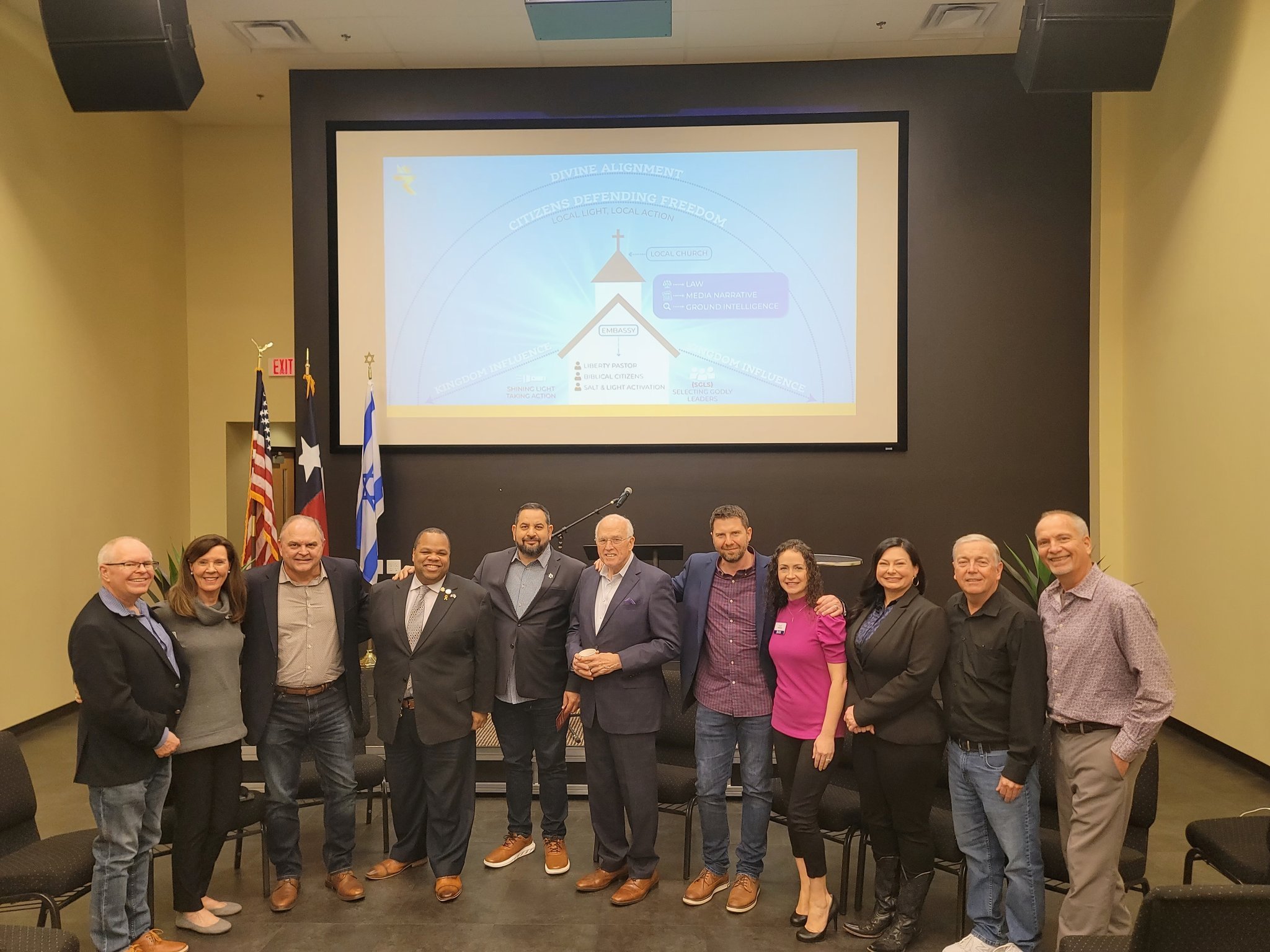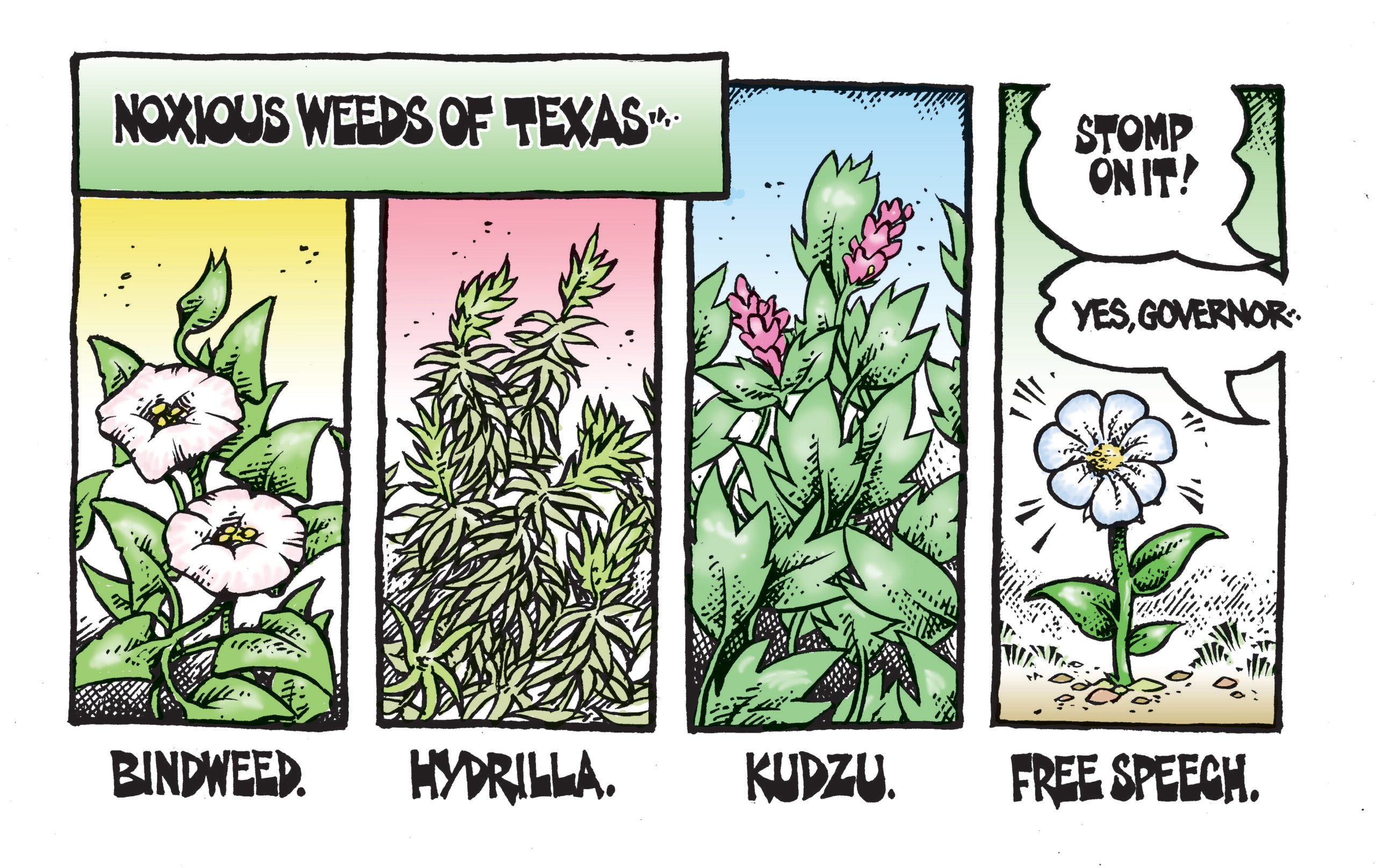ustxtxb_obs_1983_02_25_50_00012-00000_000.pdf
Page 6
BERNARD RAPOPORT Chairman of the Board and Chief Executive Officer AMU\( EXECUTIVE OFFICES: P.O. BOX 208, WACO, TEXAS 78703, 817-772-3050 American Income Life Insurance Company A Public Service Message from the American Income Life Insurance Co.Waco, TexasBernard Rapoport, Chairman of the Board and Chief Executive Officer ‘Final Thoughts’ Holds Warning for U.S. By Barbara Elmore Reprinted with permission from the Jan. 28, 1983 issue of the Waco Tribune-Herald. Copyright 1983. The welfare state. Charity. The dole. They are words that make modern-day Americans shudder with rage, or shrug their shoulders in disgust. So much fun is the “welfare state” to kick around that Archie and Edith Bunker even sing about it on television: ” . . didn’t need no welfare state . . . everybody pulled his weight . . . gee our old LaSalle ran great .. . those were the da-a-ays.” Yeah. Weren’t they, though? Nobody needed any “help” back then. Everyone had the same values, and everybody worked hard and everybody had enough to eat. What happened? The answer to that question depends on whom you talk to. Some people will point to the beginning of the welfare state and say that was the start of government cheating. Good-for-nothings found out they could get away with it. So they did. Other people will say America always had its poor folk, but it didn’t always have its conscience. And its conscience, they say, is what led it to create the welfare state. And its conscience, they say, stopped working a couple of years back. That’s what Alan Pifer said about two weeks ago, when he issued his “Final thoughts,” an essay he wrote upon retiring as president of the Carnegie Corp. Pifer is probably one of the best examples of a philanthropist. As president of the Carnegie Corp. of New York for 17 years, he is well-acquainted with giving away money. Because that’s what the Carnegie Corp. does; Andrew Carnegie created it in 1911 to give away money “for the advancement and diffusion of knowledge and understanding.” Last year it gave away about $14.5 million. Why should we care about what Pifer thinks? No reason, really. The 61-year-old former president of the Carnegie Corp. is just one more voice in the chorus of warnings about what this nation has come from and where it is going. Besides, Pifer is saying things that are currently unfashionable and more than a little uncomfortable. He’s saying things that we have been told, for at least two years, are no longer true. He is predicting dark things for the future of the United States. “The nation’s future dependence on a broadly educated citizenry seems to have been forgotten, while the poor have come to be treated with more obloquy than sympathy,” Pifer writes in his introduction to “Final thoughts.” What he’s really saying is something that everyone knows but no one likes to admit: that it is hard for the masses to care about the poor people in this country, and the national leadership the last couple of years has made our natural tendencies seem acceptable. What he’s really warning us about is that if such condoning of our baser instincts goes on for an extended period of time, we could face, in the long term, a population of poorly nourished and poorly educated masses. What Pifer doesn’t explore is why the nation has adopted this Why, for example, do some people choose for pets the runt of the litter, while most go for the huskiest? Why do some always cheer for the underdog in a basketball game, while most align themselves with the sure winners? More to the point: Why, when we are blaming others for our tough economic times, do we point the finger more quickly at the guy who buys his groceries with food stamps than at the multimillionaire whose income tax return a couple of years back showed he paid $9.65 in federal taxes? Why are we more concerned with uncovering welfare cheaters than we are with revealing income tax cheaters? Though Alan Pifer’s “Final thoughts” were tinged with sadness at what he sees in 1980s America, he did offer hope for the future. It lies in the hands of three different kinds of people: the ones who understand the long-term results of not investing adequately in human resources; the people who will find themselves becoming “increasingly uneasy about a society that not only condones inequality but promotes it”; and, finally, the people who realize that a general welfare state offers not necessarily social decay but social reform and “social amelioration,” which are alternatives to revolution. Pifer’s views certainly are not the fashion. But maybe, like classic clothes, they’ll hang around. And maybe, one day, they’ll fit the national conscience again. 112 FEBRUARY 25, 1983


